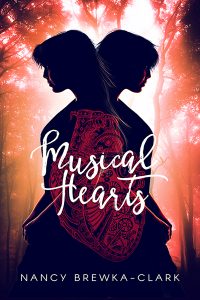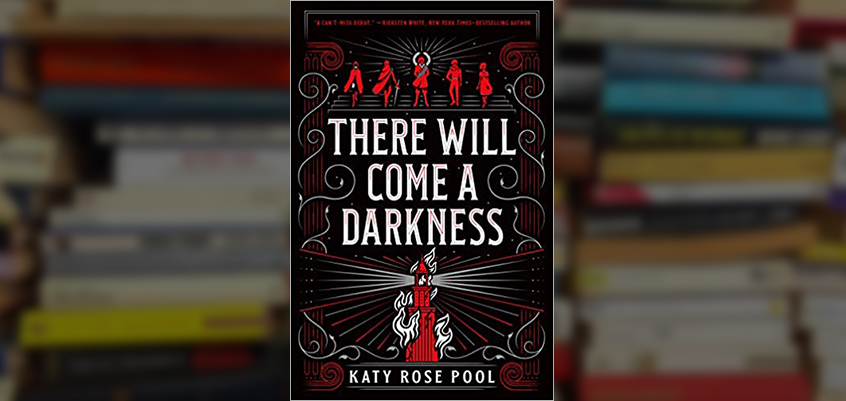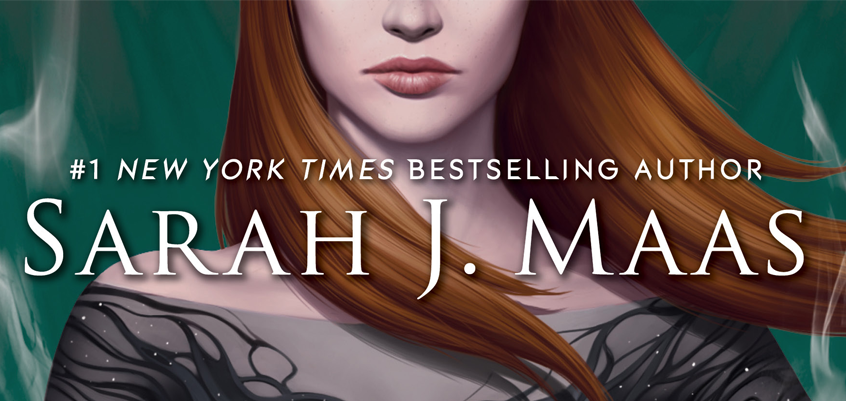★★★☆☆
While perusing NetGalley’s huge catalog of ebook Advanced Reader Copies available for request, the cover of Musical Hearts caught my eye — then I read the tags.
“LGBTQIA, Romance,” they read.
The basic summary is this: A witch kidnaps a baby, unaware that sweet little Melissa would grow into a 16-year-old hellion. The witch calls an ex-girlfriend who once broke her heart, and when the two try to help tame the 16-year-old girl, their old relationship sparks again. As the two witches work to throw together a sweet sixteen ball full of human men, human girl Daphne doesn’t believe in following the men-only rule. She slips into Melissa’s ball disguised as a man, but Melissa pauses when she sees Daphne.
The story is only 10,000 words, which I wish I had known going in — it’s strange to settle in for what you think will be hours of reading only to find that it’s only been a half hour and somehow the book is already over. However, those who purchase this short story online will likely see the word count before doing so, which would make that issue irrelevant.
Musical Hearts drew me in immediately. The narrator of the story, Harriet, is delightfully witchy.
“She watched and listened from her green Kia, formerly a cucumber, as the little family got ready for another Monday.”
The writing dragged me into the world of a witch who sees no real reason not to steal someone’s infant child. She wanted the baby, so why shouldn’t she have it? “I don’t understand why anyone should ever try to make me feel guilty,” Harriet says at one point.
Brewka-Clark also has the wonderful habit of introducing plot points via the character, rather than via extraneous explanatory writing:
“The nerve of her, implying that (Harriet) was old. Why, she was the youngest witch in the coven by several hundred years.”
It’s when Harriet’s story flashed forward to Melissa’s 16th year that the story took a small downward dip. The bewitching feel of the first part of the story is broken a bit when Melissa starts throwing a teenager tantrum, and Harriet begins throwing verbal and even physical abuse toward her. However, the writing holds strong until Barbara, Harriet’s once-lover, arrives.
Once Barbara and her strange off-key jokes about human sex arrive in the story, all traces of that bewitching story are gone. The witches become funny caricatures: they hate all men, they think sex is disgusting, they literally melt men into puddles at their feet.
Possibly the most confusing part, storyline-wise, is the point where Harriet introduces two giant spider bodyguards and Brewka-Clark makes is clear that Melissa hates spiders. Later, however, Melissa is found in a compromising position with the aforementioned giant spiders, and insists that Harriet not kill them because, “They’re my friends!”
Even so, Brewka-Clark has managed to breathe life into an old Rapunzel-inspired tale of a witch who stole a baby. I still enjoyed the story — 3/5.



